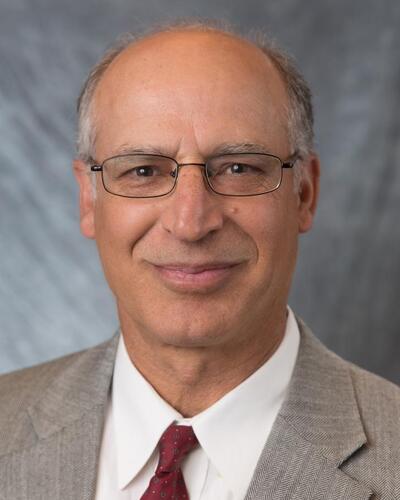Carlo Filice has been a member of the Geneseo faculty since 1985. His areas of expertise include ethics and comparative religious ideas. His recent book, The Purpose of Life: An Eastern Philosophical Vision, tackles some perennial questions and ventures some unusual answers.

Office Hours
Spring 2020 - M/T/W 2:45 - 3:45, and by appointment.
Curriculum Vitae
Education
B.A., Western Illinois University
M.A., Ph.D., University of Illinois; 1986
Publications
The Purpose of Life: An Eastern Philosophical Vision (University Press of America, 2011) Buy it on Amazon
Selected Articles:
Success and Luck, Philosophy Now, No 166, 2025;
The First “Fake News” Story (or, What the Serpent Would Have Said), Counterpunch, May 2018
Why is There a World, Philosophy Now, No 128, 2018;
Free Will is Still Alive, Philosophy Now, No 124, 2018;
Libertarian Autonomy and Intrinsic Motives, Social Theory and Practice, Vol 36, No 4, 2010.
Review of Understanding World Religions: A Road Map for Justice and Peace." In The Journal for Peace and Justice Studies, Vol 17, No 2, 2008.
The Moral Case for Reincarnation, Religious Studies, Vol 42, March 2006.
On the Autonomy of the Divine, International Journal for Philosophy of Religion, Vol. 55, No. 2, 2004.
On The Obligation To Keep Informed About Distant Atrocities, newly revised and updated, included in Applied Ethics: A Multicultural Approach, Third Edition, by May and Collins (Prentice Hall, 2002).
Interests
Theories of Freedom
Ethics/Justice Theories
Philosophy of Religion
Purpose of Life Accounts
Classes
-
PHIL 202: World Religions&Contemp Issues
The insights and teachings of major living religions will be analyzed by a study of their basic texts and teachers: Buddhism, Hinduism, Confucianism, Taoism, Judaism, Christianity, and Islam. Comparison of how their teachings apply to such contemporary issues as war and peace, the environment, gender, race, sexual orientation, and economic justice.
-
PHIL 237: Ethical Issues in Business
This course will introduce students to the central role of ethics in the conduct of business organizations and the people who administer them. Students will learn to identify ethical issues in business and to analyze them from the perspective of several philosophical moral traditions. We will consider ethical issues concerning both the overall economic system and the specific business areas of management, accounting, finance, and marketing. Students will be required to perform analyses of both philosophical readings and recent case-studies from the business world.